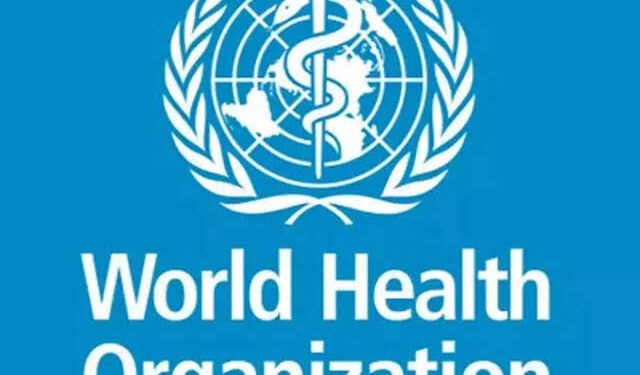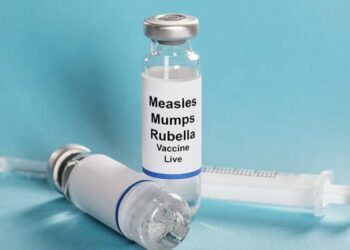World Health Organisation (WHO) has expressed concern about the implications of the immediate funding pause for HIV programmes in low- and middle-income countries.
The organisation said in a statement that funding for HIV programmes provided access to life-saving therapy to more than 30 million people worldwide.
The organisation added that “globally, 39.9 million people living with HIV at the end of 2023.
“A funding halt for HIV programmes can put people living with the virus at increased risk of illness and death.
“It can also undermine efforts to prevent transmission in communities and countries.
“Such measures, if prolonged, could lead to increase in new infections and deaths, reversing decades of progress and potentially taking the world back to the 1980s and 1990s when millions died of HIV every year globally.”
The health organisation said that for the global community, this could result to significant setbacks to progress in partnerships and investments in scientific advances that have been the cornerstone of good public health programming.
The HIV funding covers innovative diagnostics, affordable medicines and community delivery models of care.
The global body, therefore, called on the U.S. Government to enable additional exemptions to ensure the delivery of lifesaving HIV treatment and care.
It recalled the United State President’s Emergency Plan for AIDS Relief (PEPFAR) flagship initiative of the global HIV response established more than 20 years ago, noting that the legacy of the relief initiative is at risk.
“The current funding pause for PEPFAR will have direct impact on millions of lives that depend on the predictable supply of safe and effective antiretroviral treatment.
“PEPFAR works in over 50 countries around the world. Over the past two decades, PEPFAR funding saved more than 26 million lives.
“Currently, PEPFAR is providing HIV treatment to more than 20 million people living with the virus globally, including 566 000 children under 15 years of age,” it said.
It noted that over the past year, PEPFAR and partners, including WHO, have been working on sustainability plans with countries for greater country ownership and reduced donor support up to and beyond 2030.
“A sudden and prolonged stop to programmes can put the lives of millions at risk.
“WHO is committed to support PEPFAR and other partners, as well as national governments, in managing change processes effectively to minimise the impact on people living with HIV,” it added.











